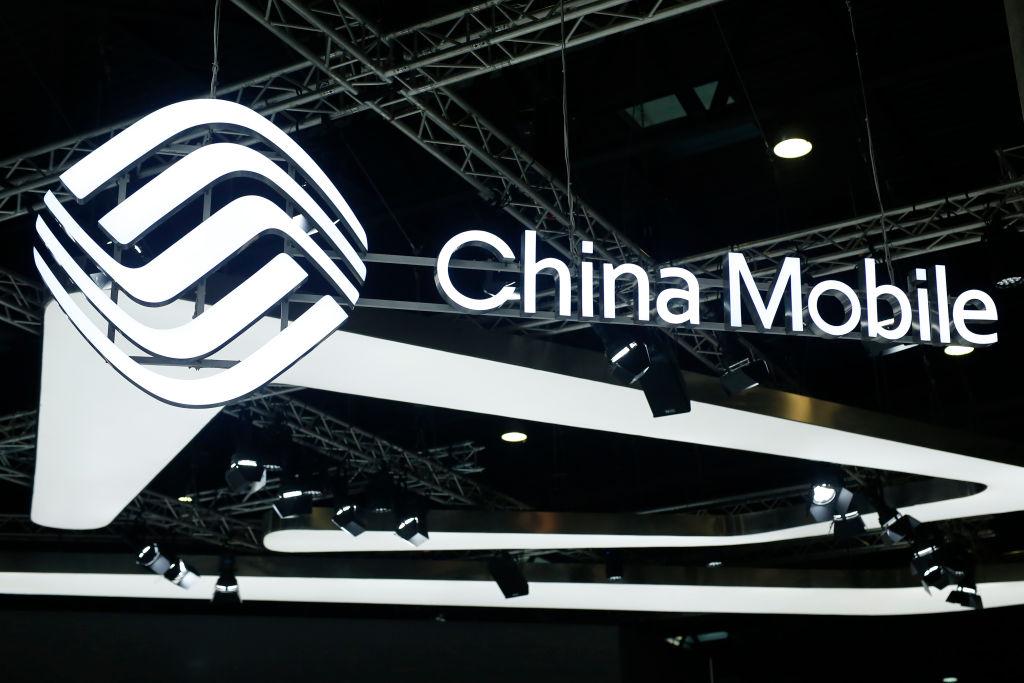The New York Stock Exchange (NYSE) announced on Dec. 31 that it’s in the process of delisting three Chinese telecom companies with ties to the Chinese military.
The three state-owned companies—China Mobile Ltd., China Telecom Corporation Ltd., and China Unicom (Hong Kong) Ltd.—will see their securities suspended from trading between Jan. 7 and Jan. 11, according to a statement. The delisting proceedings were made in compliance with President Donald Trump’s executive order (E.O.) 13959.





